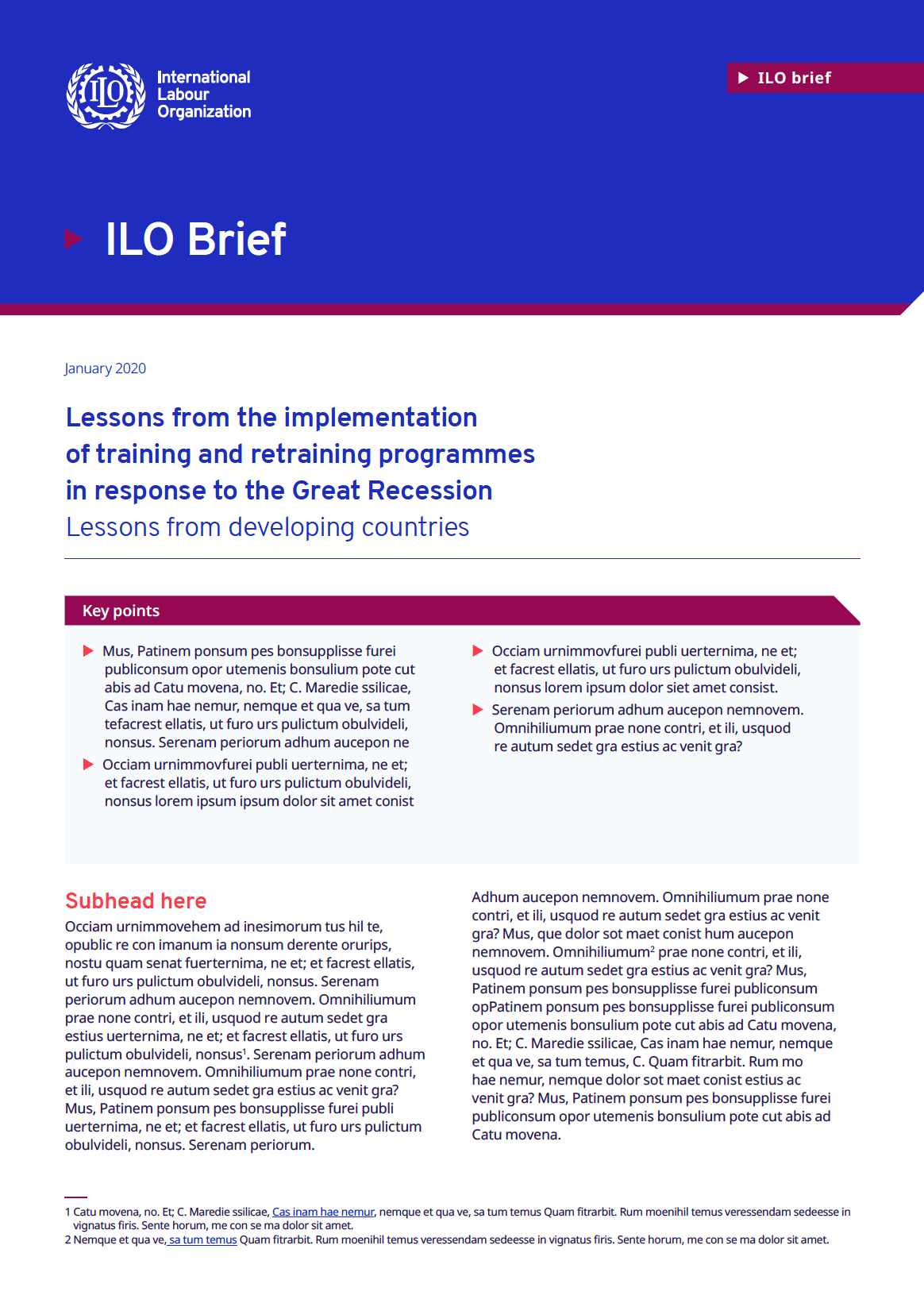Eslovenia
This study examines the way in which institutional arrangements for the delivery of IVET have changed in response to shifts in skills demand.
Although these arrangements vary across countries, it is possible to identify common trends over time, such as institutional hybridisation, the blurring of boundaries between IVET and general education. Despite this development, IVET has been able to retain a distinct identity, which is attractive to learners and has the support of key labour market actors. This reflects IVET’s adaptability and resilience in the face of change.
Building on a Europe-wide survey of VET providers and in-depth national case studies, the study delivers a timely update of, and insight into, the continually changing IVET landscape. Results show increasing similarities in how countries configure their IVET systems. This is evident in the broadening of IVET curricula, the prominence given to the work-based learning pathway, as well as the growing importance attached to local and regional autonomy.
This short description contributes to better understanding of vocational education and training (VET) in Slovenia. It provides insights into its main features and highlights system developments and current challenges.
Slovenia has a strong VET tradition; participation at upper secondary level is the highest in the EU. The VET system in Slovenia is attractive, flexible and offers a variety of learning modes and progression opportunities for learners; the share of early leavers is kept low. The importance of raising adult skills levels is growing, as is the need to focus on strengthening digital skills and broadening opportunities for upskilling and reskilling.
Slovenia is responding to challenges, including those posed by the COVID-19 pandemic, with a focus on modernising vocational education. Its basic goal is adapting education to the digital and sustainable transition and increasing the resilience of the education system.


